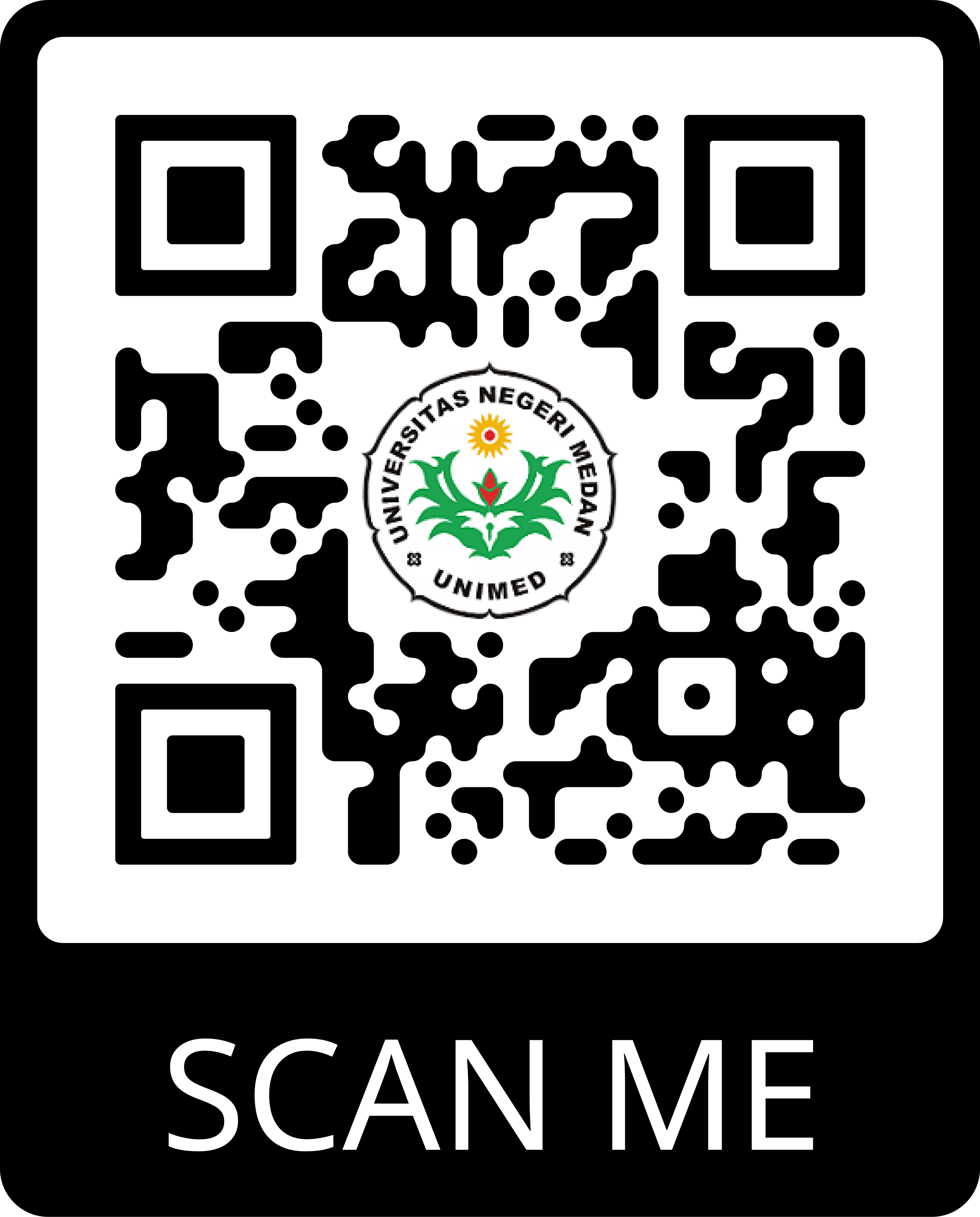- Focus and Scope
- Section Policies
- Peer Review Process
- Publication Frequency
- Open Access Policy
- Archiving
- Submission Process Help
- Retraction
- Policy of Screening for Plagiarism
- Declaration of Originallity
Focus and Scope
Jurnal Pendidikan Fisika is an integrated forum for communicating scientific advances in the field of physics and physics education. The journal reports significant new findings related to physics applications and physics education, including:
- Learning Models
- Media Learning Development
- Lerning Methods
- Experimental Research
- Qualitative Research
- Quantitative Research
- Learning Materials Development
- Learning Evaluation
- Literature Study
Jurnal Pendidikan Fisika aims to promote creativity and innovation in physics education in order to face global challenges such as education in the disruption era, internet of things in education, HOTS-based education, STEAM Education, blended learning, digital literation education, digital class, and other educational innovations.
Section Policies
Jurnal Pendidikan Fisika Volume 7//No.2//Desember 2018
Jurnal Pendidikan Fisika Volume 9//No.1//Juni 2020
Editors- Dr. Eva Ginting, M.Si
- Dr. Juniastel Rajagukguk, M.Si
Jurnal Pendidikan Fisika Volume 9//No.2//Desember 2020
Editors- Dr. Eva Ginting, M.Si
- Dr. Juniastel Rajagukguk, M.Si
Jurnal Pendidikan Fisika Volume 10//No.1//Juni 2021
Jurnal Pendidikan Fisika Volume 10//No.2//Desember 2021
Jurnal Pendidikan Fisika Volume 11//No.1//Juni 2022
Jurnal Pendidikan Fisika Volume 11//No.2//Desember 2022
Jurnal Pendidikan Fisika Volume 12//No.1//Juni 2023
Jurnal Pendidikan Fisika Volume 12//No.2//Desember 2023
Jurnal Pendidikan Fisika Volume 13//No.1//Juni 2024
Jurnal Pendidikan Fisika Volume 13//No.2//Desember 2024
Peer Review Process
- Author submits manuscript to journal through our online journal system (OJS).
- All manuscripts submitted to this journal must follow focus and scope, and author guidelines of this journal. The submitted manuscripts must address scientific merit or novelty appropriate to the focus and scope. All manuscripts must be free from plagiarism contents. All authors are suggested to use plagiarism detection software to do the similarity checking. Editors will check the each manuscripts' similarity rate using the Turnitin software.
- The Editor-in-Chief (EIC) will check the feasibility of the topic for possible publication. Suitable manuscripts are submitted to the editors for further processing. Manuscripts not suitable for publication will be rejected.
- The EIC will check the completeness of provisionally accepted manuscripts based on the guidelines for authors, adherence to the journal’s templates, adequacy of references, originality (check on potential plagiarism issues), and accuracy of language.
- Manuscripts that meet the journal format and requirements will be forwarded to a minimum of two reviewers/ advisory editors under a double-blind process. Manuscripts that did not meet the requirements will be sent back to the author/s for revision. The reviewers give scientific valuable comments improving the contents of the manuscript. Based on the results of the peer review, editor decides whether a manuscript may be published without revisions, or be sent back to authors to perform minor revisions or major revisions; a manuscript may also be rejected. For a minor revision, the authors are requested to submit a final version of the manuscript with the required changes. For a major revision, a final version of the manuscript will be resubmitted to the peer reviewers for re-evaluation. In this case, the peer review process begins anew.
Publication Frequency
Jurnal Pendidikan Fisika will be published in June and December.
Open Access Policy
This journal provides immediate open access to its content on the principle that making research freely available to the public supports a greater global exchange of knowledge.
Archiving
This journal utilizes the LOCKSS system to create a distributed archiving system among participating libraries and permits those libraries to create permanent archives of the journal for purposes of preservation and restoration. More...
Submission Process Help
Please select the journal section you want and the tutorial on how to submit articles can be seen at here
Retraction
The papers published in Jurnal Pendidikan Fisika will be considered to retract in the publication if:
- They have clear evidence that the findings are unreliable, either as a result of misconduct (e.g. data fabrication) or honest error (e.g. miscalculation or experimental error).
- The findings have previously been published elsewhere without proper cross-referencing and permission or justification (i.e. cases of redundant publication).
- It constitutes plagiarism.
- It reports unethical research.
The mechanism of retraction follows the Retraction Guidelines of Committee on Publication Ethics (COPE) which can be accessed at https://publicationethics.org.
Policy of Screening for Plagiarism
All manuscripts must be free from plagiarism contents. All authors are suggested to use plagiarism detection software to do the similarity checking. Editors check the plagiarism detection of articles in this journal by using a Turnitin software.
Declaration of Originallity
The authors confirm that the article has not been submitted to peeer review, nor is in the process of peer reviewing, nor has been accepted for publishing in another journal. The author(s) confirms that the research in their work is original, and that all the data given in the article are real and authentic. If necessary, the article can be recalled, and errors corrected.
The Declaration of Originallity form can be download here.






